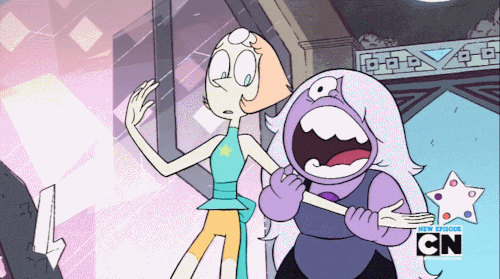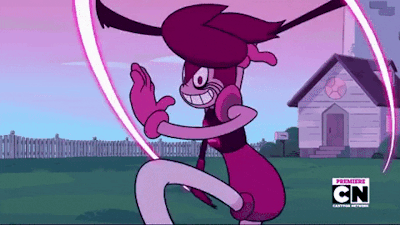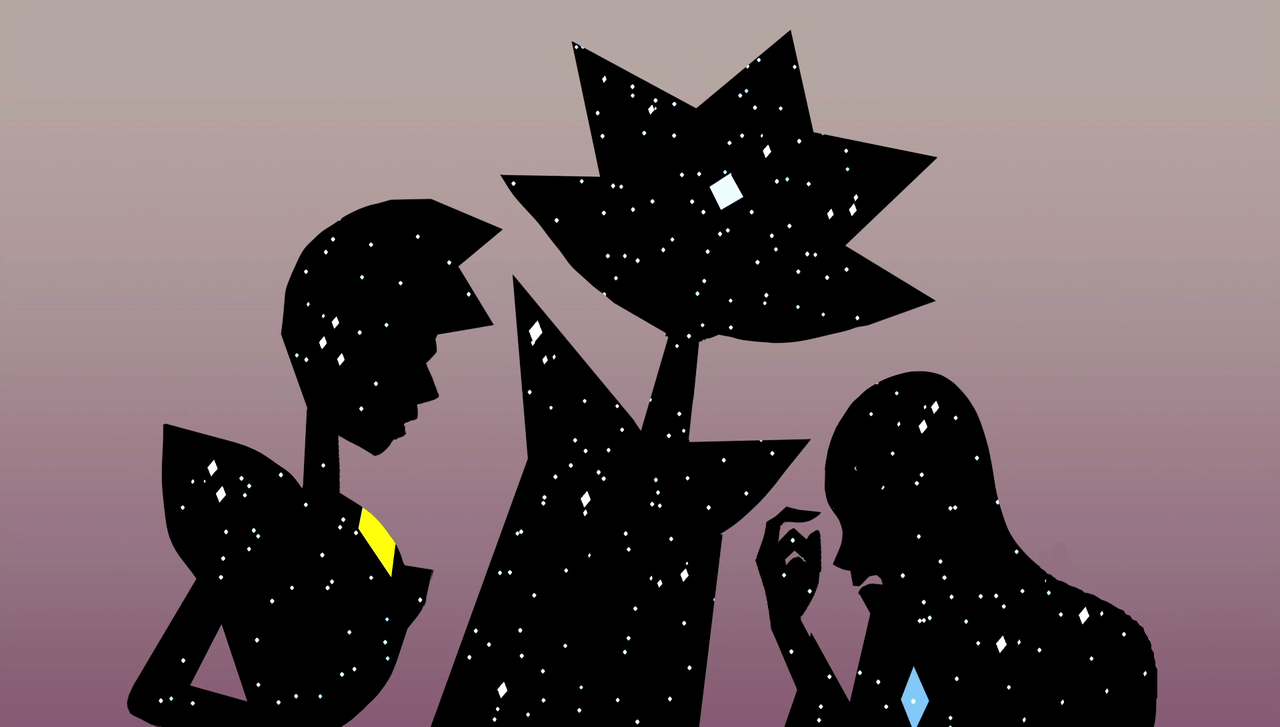Whew... It suddenly got pretty quiet pretty quick, huh? Well, as the one that nominated this concept, I figure I should try to break the ice. This will be a fraught subject to discuss, so I'm trying to be very careful, but here goes nothing.
Gone with the Wind is a 1939 historical/war/romance/drama. It is an epic in every sense of the word, with its nearly 4 hour runtime, massive sets with tons of extras and a huge budget (at the time, the second most expensive film ever made). Upon release, it was highly acclaimed, going on to be nominated for 13 Oscars and win 10, including Best Picture (and this is against contenders like The Wizard of Oz, Ninotchka, and Mr. Smith Goes to Washington - a banner year for cinema). More importantly, it became the highest grossing film ever at that point and held on to its record until The Sound of Music briefly overtook it in 1966 (GwtW retook its spot thanks to a rerelease - a la Avatar - and was only definitely dethroned in 1972, by The Godfather). When adjusting for inflation, it is still the highest grossing film ever made, with over half a billion dollars of advantage over the runner-up. Simply put, in the 80 years since, no movie has been seen in theaters by more people than this one. And it's likely that none ever will. That's a staggering feat.
So, Gone with the Wind is a movie that has it all. And yet I was very, very reluctant to nominate it. In the end I figured that if Warner Bros. owns the rights to an iconic, 10-Oscar winner that is also the highest grossing film ever, we shouldn't ignore the possibility of it getting some representation. But, and I have to get into dangerous waters now, modern day discourse around the movie has, understandably, been polarized.
Gone with the Wind takes place in the American South slightly before, and during, the Civil War, and then during the Reconstruction era. All of the main characters are the children of plantation owners, and many of them fight on the side of the Confederates. A movie about this subject and era is bound to be beholden to the same reevaluations and controversy that the real historical subject and era is. Even at the time of release, it was divisive within the black community, with some criticizing it for its depiction of black characters and others seeing it as a milestone for at least giving them major and sympathetic roles to play. Hattie McDaniel became the first African American to win an Oscar, for her supporting role in this movie, but she was not allowed to attend the movie's premiere and was nearly barred from being at the Oscars due to segregation. Nowadays, a lot of aspects of the narrative would come across as uncomfortable to many viewers, at least without context, with many accusing it of glorifying the lifestyle of the Antebellum South, perpetuating damaging myths and historical inaccuracies. Others take these criticisms as political correctness gone mad and take GwtW as a symbol of what a "real American classic" looks like, in the face of more diversity in the film landscape (one example that comes to mind was when Parasite won Best Picture, with some being shocked that a Korean movie could win an American award over every American movie released that year). None of these are indictments on the movie's incredible quality, mind you, I think that's universally agreed upon. It's simply that due to its content, it has become ripe to be weaponized in the culture war.
Personally, I doubt most people discussing Gone with the Wind have seen it. No shame in that! Most people don't watch movies from the 30's (although you should! This one is even in color) So after teaching the controversy, I think it's fair that I give my stance on it: I don't think Gone with the Wind is a racist movie. Does it provide an idealized (and completely ahistorical) version of the South? Yes, but it does so for plot reasons. The movie is rooted in the perspective of its protagonist, Scarlett O'Hara, a spoiled and naive young woman who is used to this comfortable, idyllic life that was served to her on a silver platter. But when the Civil War destroys this lifestyle overnight (you could say it was... gone with the wind), Scarlett has to learn to become independent, fend for herself, work her own land and try to survive. The whole movie is about shattering her illusion and having her become an actual grown up. To do that, she has to be nostalgic about her youth (until she's taught that this is immature and pointless). I would argue that by making Scarlett - bratty, unworthy Scarlett - the face of that lifestyle, the movie is in a way indicting it, subtly. On some points, however, the film does fall into unfortunate pitfalls. It definitely portrays the stereotype of the "happy slave", which even if historically plausible, was a consequence of lifelong conditioning rather than good treatment, and which the movie glazes over. It also contains numerous historical inaccuracies about the Reconstruction era (albeit ones that were widely believed to be true when this movie was made). And, while it takes a "war is awful" angle and does it incredibly well, it does ring somewhat hollow when it doesn't tackle the very crucial reasons for why that war went down. At the same time, it did make an attempt to move things forward in some aspects. For one, it altered a scene from the book to avoid showing the KKK as heroes. And for all the criticism regarding Hattie McDaniel's character from more progressive circles, it's worth mentioning that southern whites at the time were absolutely furious at seeing a black character be good friends with white characters and even bossing them around at times. So at the end of the day, I guess my assessment is that while Gone with the Wind isn't pro-racism or pro-slavery, it's also not against those things enough for many modern day viewers. The story is focused on the (white) characters, their struggles, their relationships and their growth, with the setting as backdrop (you could frankly remake it in many other historical settings with minimal changes to the narrative) that isn't explored that much. For some that might make it easy to ignore, for others that might make it harder. But it's not a hateful movie, nor even an outrageously tone-deaf one; for that we have Birth of a Nation and Song of the South. I would compare it to seeing any media that was a product of its time (think about watching Friends today; you'll probably chafe at the homophobic jokes and lack of diversity, but if you can get past that you can still enjoy it). Some people are better at looking at things through the lens of its own era, and some struggle with that. If you're more in the first category, I think you'd enjoy this movie quite a lot.
Feel free to disagree with my interpretation, of course, and I'll be the first to admit that me not being an American inherently puts a distance between myself and these events that might prove more traumatic to others with family histories that are tied to them. Movies are meant to be seen and interpreted and discussed. And I figured that this forum, being mostly focused on a platform fighter, would be a safe place to do so. I hope that with all this preamble I helped spur a more informed and nuanced discussion, rather than stir things up. Again, I was afraid that by nominating this it would derail things, or cause trouble, or make people uncomfortable, or reflect negatively on myself, and if any of those things happen, I apologize. But, again, we can't not discuss the highest grossing film ever. Might as well get it out of the way
So, uh, with all that introduction aside! (Nobody will ever finish reading this write-up, will they?) What are its odds for MultiVersus? Well, considering I had to write six paragraphs meticulously trying to avoid stepping on any proverbial landmines, I'd say its odds aren't great. Justified or not, the movie is rife with controversy, and any mention of it might just piss everyone off and make discussion around MultiVersus toxic. At the same time, everyone expects Harry Potter content, which would have a similar effect, and Gone with the Wind's achievements and accolades arguably dwarf The Boy Who Lived's. Also, I don't see the current management of WBD minding potential controversy or minding accusations of political incorrectness, for what it's worth. Still, GwtW faces an issue regarding representation: it's not very well suited for a platform fighter. What moveset would you give Scarlett O'Hara? She's not exactly a fighter. A stage would be the ideal way to represent it, as Tara is one of the most iconic locales in movie history... except there's no way they release a stage set in a ruined plantation. So, yeah, I don't know how it could be represented even if they so chose to. Music, maybe, or other small customization options could reference it. Gone with the Wind is filled with iconic moments, quotes, and music, so it would be easy to sneak in references. Anything else might be hard, though if they manage to work a Scarlett moveset, props to them.
Chance: 10%
Want: abstain
I adore Gone with the Wind. Strip away all the historical context, look at it solely as a movie, and wow. You have some of the greatest actors of their time - Vivien Leigh! Clark Gable! Olivia de Havilland! - delivering career defining performances as some of the most iconic movie characters of all time. The character arcs are sophisticated and realistic, defying linearity and easy resolutions. The script, what a script! "Frankly, my dear, I don't give a damn." is, for my money, the best closing line ever delivered, what an absolute mic drop. The production design, camera work, direction, all come together to deliver some astonishing shots that spell out the bleakness and atrocity of war better than words could. The score could tell the story on its own. Is it my favorite epic? Not by a long shot, if you can stomach a four hour movie I would still point to Seven Samurai or Ben-Hur because they're thrill after thrill. But nobody deserves to call themselves a true fan of film without watching this. (Okay, this is an exaggeration for emphasis, everyone should watch what they want and there's no right or wrong way to enjoy a medium! But I think people should give Gone with the Wind a chance, that's all.)
As a film buff, I make it my mission to try and watch everything I can, no matter the genre, era, country of origin, or subject matter. I have seen incredible talent and technique put in the service of the most absolutely heinous and reprehensible ideas. Movies like Birth of a Nation and Triumph of the Will still haunt me with reminders that works of sheer evil can withstand the test of time, even beyond the ideals they stand for, and continue influencing our culture to this very day (Triumph of the Will has visually influenced even the likes of Star Wars, and not solely for depicting the bad guys; and Birth of a Nation, terrifyingly, depicts a narrative arc that anyone living today would recognize as the prototypical superhero origin story). It is with this perspective that I am willing to be charitable in my interpretations of well intentioned products that make mistakes inherent to their times. Your Jazz Singers, your Dumbos and Peter Pans, and, yes, Gone with the Wind.
With that in mind, I understand that not everyone is like this. And what is simply a masterpiece of cinema for me, might be painful for someone else. Gone with the Wind has been used by many as a symbol of hate, and I can't ignore that. Out of respect for that, I'm not going to give a high want score. Whatever my enjoyment might be, it doesn't offset it if someone feels uncomfortable enough to be turned off from the game because of it. I hope that simply wouldn't be the case! But it's a possibility I have to take into account.
...alright, post over. Hopefully I managed to get through this without stepping on any toes. I'll do the other character in a separate post because this is probably long enough as is. If after this people stop abstaining I'll consider it a victory.
My noms are split between Dream and House of the Dragon.





